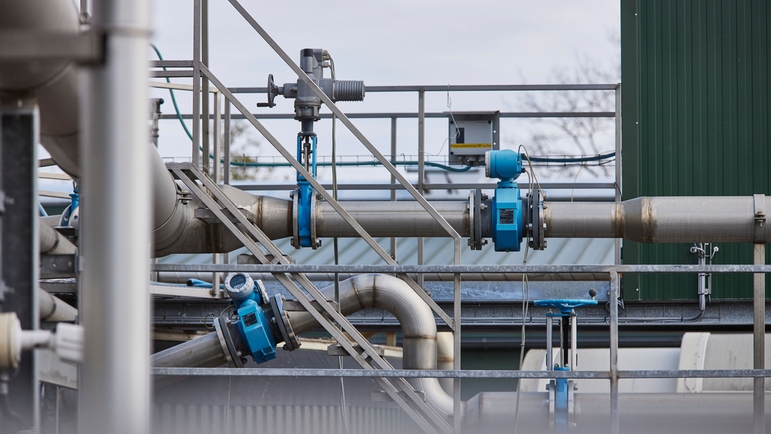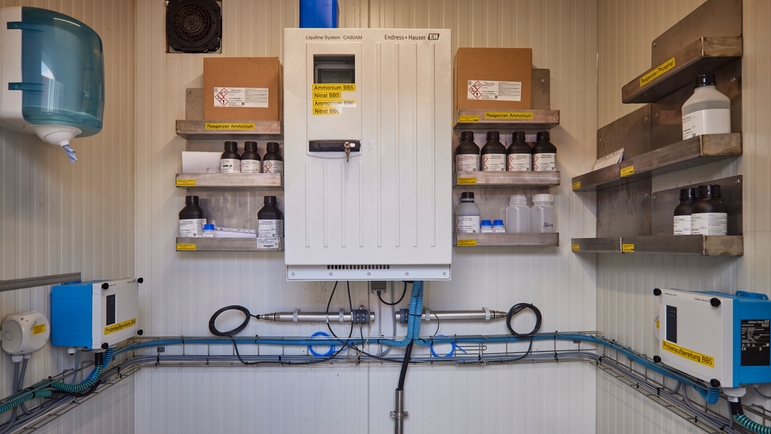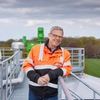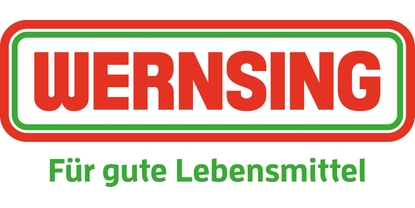Unbeatable alliance: tradition and progress!
Sustainable wastewater treatment during potato processing
Wernsing Feinkost GmbH places high value on the efficient and sustainable utilization of all resources. Wastewater is monitored, cleaned and filtered using advanced methods at the company’s own disposal and treatment center. 20 percent can be reused for the cleaning and processing steps, a rate that continues to increase. Endress+Hauser helps Wernsing execute its demanding sustainability strategy by providing the measurement and automation technology.
Results
-
Reliable instrumentation from Endress+Hauser ensures optimal wastewater cleaning during all treatment steps, even with fluctuating amounts and concentrations of wastewater.
-
The excellent collaboration between the industry experts at Wernsing and Endress+Hauser continuously leads to new process improvements that further optimize efficiency and sustainability.
Customer challenge
The Wernsing Food Family processes round 500,000 tons of potatoes each year, a significant share at the Addrup/Essen location in Oldenburg, Germany. Vast amounts of wastewater accumulate while cleaning and processing the potatoes. Wernsing reuses as much of the wastewater as possible as process water. The rest has to be discharged into the environment and sewage system in compliance with all regulatory restrictions.
Realization
The wastewater solids are filtered at the plant. All oils and fats are removed after an initial mixing and balancing step. Floating matter is removed during preliminary treatment. A second mixing and balancing step is used to standardize the pH value and temperature, which is then followed by anaerobic pretreatment of the wastewater. 80 percent of the contaminants is broken down here; the rest is removed during the activation and secondary treatment steps.






